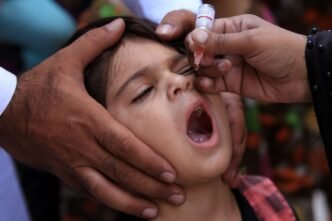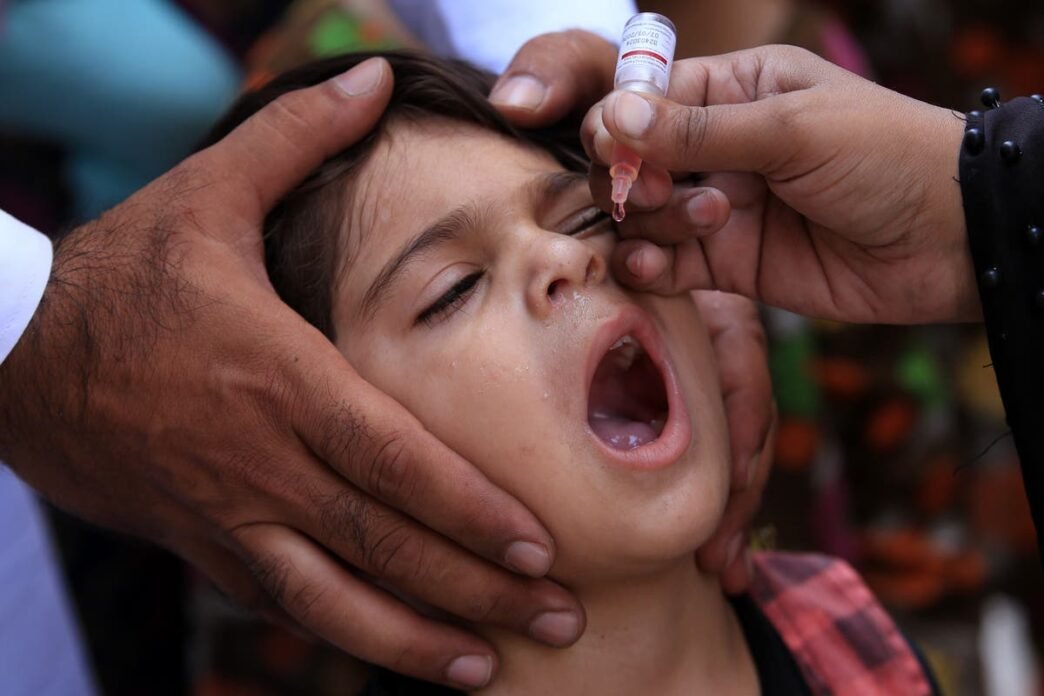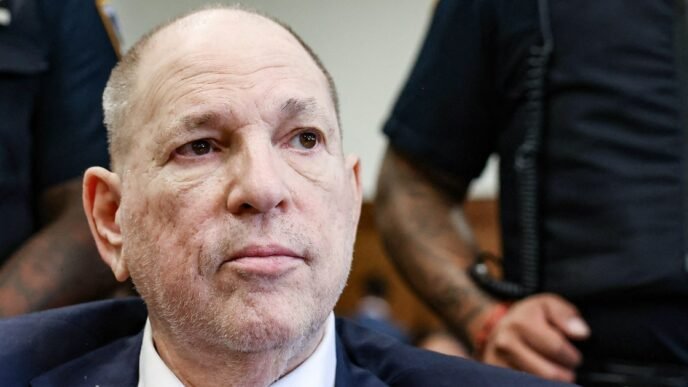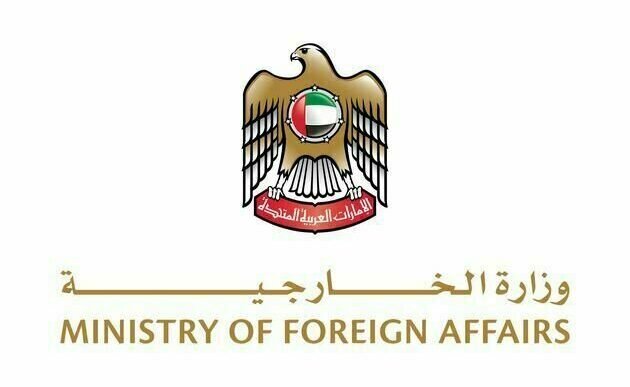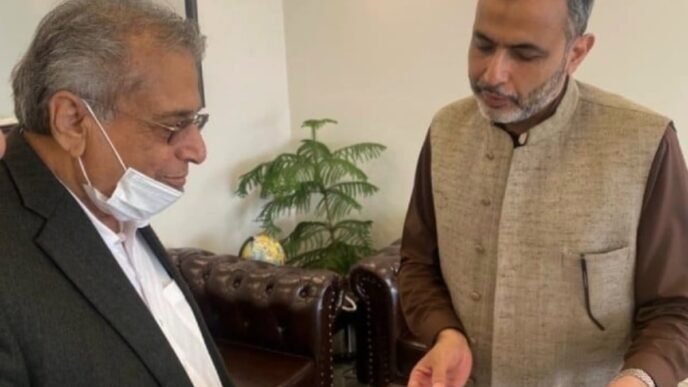Pakistan has reported six new polio cases, taking the total number of children infected with the virus to 39, health authorities in the South Asian country said.
Three cases of wild poliovirus type 1 were reported in the Balochistan province, two in Sindh, and one in Khyber Pakhtunkhwa.
In neighbouring Afghanistan, at least 18 polio cases have been confirmed this year, according to the World Health Organization.
Pakistan and Afghanistan are the world’s last two countries where polio remains endemic.
“This should be a wake-up call for all parents and communities,” Ayesha Raza Farooq, Pakistan prime minister’s focal person for polio eradication, said.
“Every paralytic polio case means there are hundreds of children who are silently affected by poliovirus and are potentially carrying and spreading it throughout their communities.”
Polio is a highly infectious viral disease that largely affects children under five years of age, according to the WHO.
“The virus is transmitted person-to-person, mainly through the faecal-oral route, or, less frequently, by a common vehicle, such as contaminated water or food, and multiplies in the intestine, from where it can invade the nervous system and cause paralysis,” the global health agency notes.
Since 1988, wild poliovirus cases have dropped by more than 99 per cent, from an estimated 350,000 cases across 125 endemic countries to just six reported cases in 2021.
There are three strains of wild poliovirus – types 1, 2 and 3. Type 2 was declared eradicated in 1999 and type 3 in 2020.
As of 2022, wild poliovirus type 1 remained endemic in only Pakistan and Afghanistan.
This year, 20 cases have been reported in Balochistan, making it the most affected province in Pakistan. Sindh follows with 12 cases, while Khyber Pakhtunkhwa has recorded five.
Punjab and Islamabad have each reported one case.
“The continuous movement of populations, security challenges in high-risk areas, and persistent vaccine hesitancy all contribute to the persistence of the virus,” Melissa Corkum, chief of the Unicef polio team in Pakistan, was quoted as saying by the BBC.
Pakistan will launch a nationwide vaccination campaign on 28 October, aiming to vaccinate over 45 million children under the age of five against paralytic polio.
The journal Science reported in July this year that the Global Polio Eradication Initiative was facing a significant setback in its efforts to eliminate wild poliovirus from its last strongholds in Pakistan and Afghanistan.
After successfully clearing the virus from Karachi and other key regions through vaccination campaigns, it was reported the virus had resurfaced in wastewater in about 40 districts of the country as well as in Kandahar, Afghanistan.
Pakistani health authorities face challenges in promoting polio vaccination due to misinformation spread by hardline clerics and militants, who falsely claim it is a Western plot to sterilise Muslims. As a result, many communities refuse the vaccine for their children.
Polio vaccinators and their security teams have been targeted by militants as well, with at least 15 people, mostly police officers, killed this year.
“Failure to stop polio in these last remaining areas could result in global resurgence of the disease. That is why it is critical to ensure polio is eradicated completely, once and for all,” the WHO notes.
